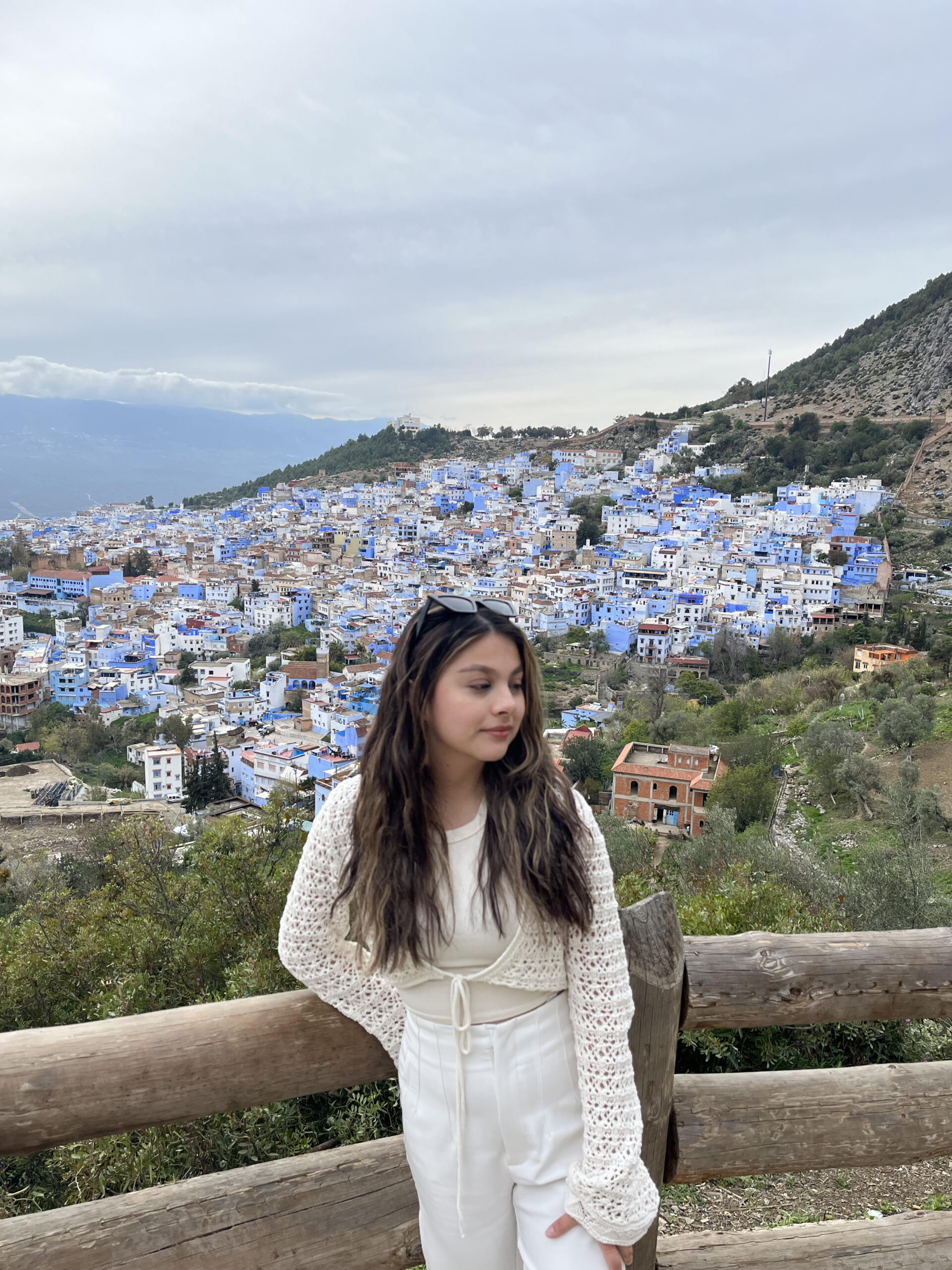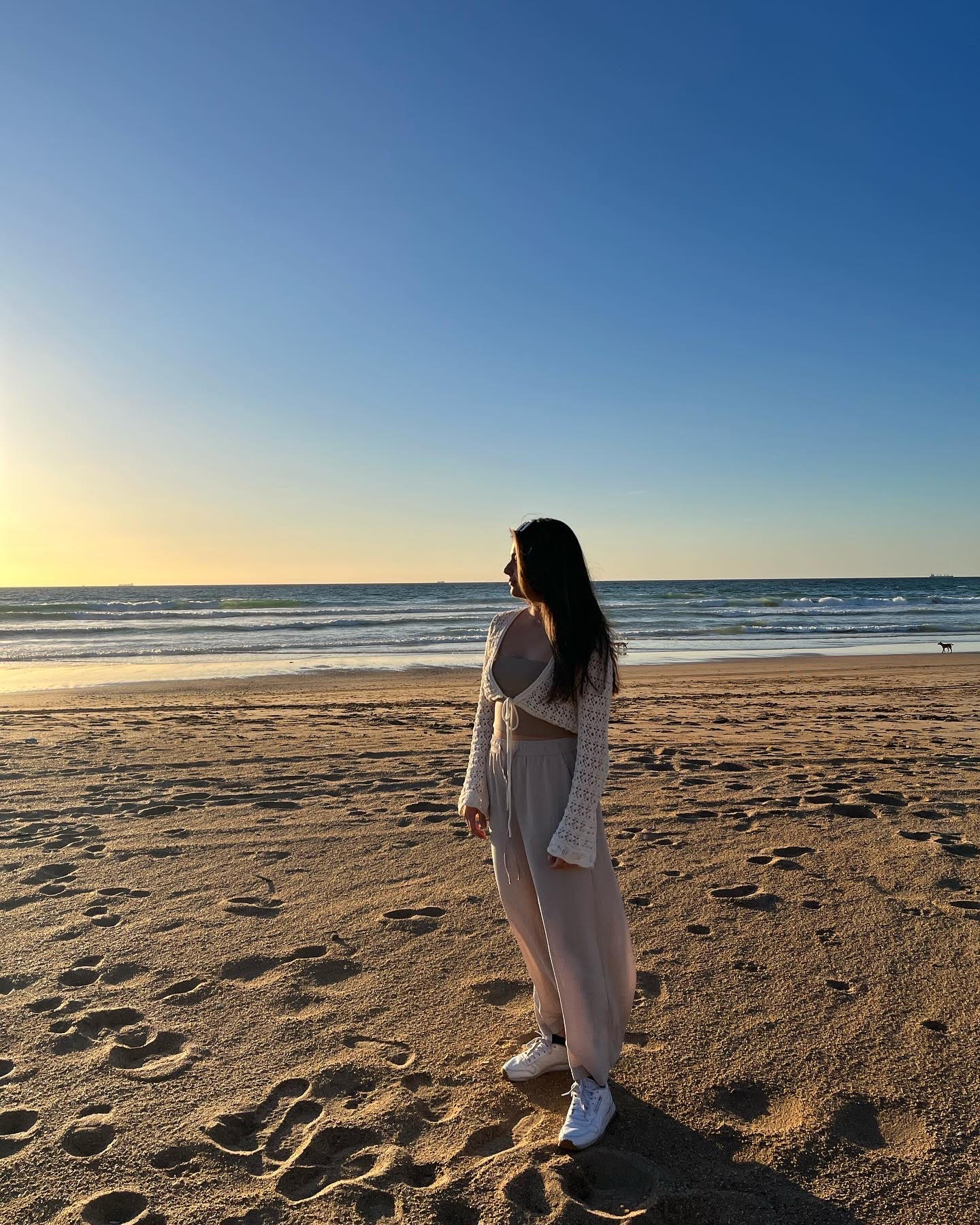
Finding Spain away from Spain
Before coming to Spain, I knew that I wanted to visit its neighboring countries. Although, I must admit, my reasons for visiting nearby countries were simply because I believed it to be the most convenient and affordable. At the time, I did not know that there was such a rich history between all the countries surrounding Spain that goes past what I learned through the education system in America. Many of us could say that Spain was a huge imperial power for many centuries and then lost most of that power during the Spanish-American war. Which is why I believe that many of my peers back home, including myself before my stay in Spain, do not know anything beyond that. I’m happy to say that through my Spanish History and Culture class I was able to learn about Spain’s ties to North Africa and the moors who ruled the country for a few centuries. Countries like Morocco, which I had the privilege of traveling to this weekend, are a perfect example of that history.
One of the strongest influences that countries can exchange to one another is language. The Moors spoke in Arabic and I have learned that many of their phrases and words have stuck around in the Spanish language. Even the name of the city of Madrid has Arabic influence, its original meaning being water or giver of life. Although I knew of this information before coming to Morocco, I was still shocked that many of the local people knew Spanish. For some reason, under my naive perception, I thought that most Moroccan people were only going to speak in Arabic and English. That conception was completely shattered when a few vendors selling cultural clothing heard me speaking in Spanish to my friend and invited me to buy from them in Spanish. They happily gave me a discount for knowing Spanish as well which made me feel proud of being bilingual. It was a wholesome moment and it taught me that there are places where people know up to three languages because of the proximity of cultures and history. I even got to visit a beach called “Plage Sol” which has Spanish influence that means beach of the Sun.
I also saw the influence of Spanish architecture in a city close to Tangier where I stayed called Chefchaouen. The small town was two hours away from Tangier and is known for its lively blue colored buildings. The blue color came from the Jewish people, fleeing from Spain during the Reconquista, who wanted to distinguish themselves from the Moroccan white and brown housing. It was very fun trying to piece together what was Spanish and what was Islamic design since I have seen both used together. However, I saw it so clearly in the roofing of the houses which was something I had seen in the small Spanish towns like Segovia. The town also had a Spanish mosque, built by muslims also fleeing from Spain, at the very top of the mountain where the town’s best view could be seen.
This weekend’s adventures have really taught me how to form holistic perspectives on new places from history. However, I think it’s impossible to know everything about a country solely based on facts and figures. I think that traveling to the actual place provides more context and even more knowledge on other cultures and countries as well. When you learn about one place you tend to learn the history of another country as well. The world is one big story book and each country is a chapter that provides the basis for the following one.

